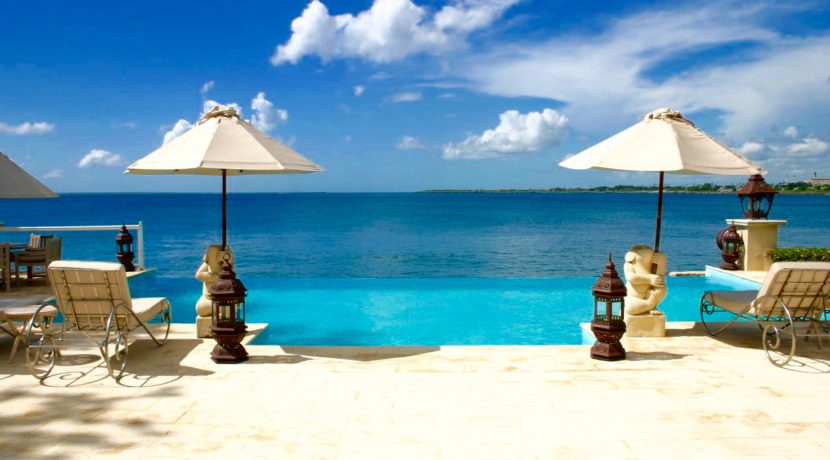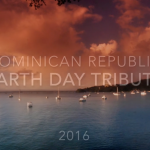Frequently asked questions about buying a property in Dominican Republic
- What are some major points of interest in the Dominican Republic?
- Points of interest include:
- Cabarete: Located on the North Coast of the Dominican Republic, this area has near ideal conditions for windsurfing and kiteboarding and is an internationally renowned destination for the enthusiasts of these sports.
Check PROVALTUR properties in CABARETE CLICK HERE!
- La Romana: This is the third-largest city in the Dominican Republic and it is situated on the southeast coast. The nearby 7,000 acre resort of Casa de Campo offers recreational activities such as tennis, polo, horseback riding, and golf.
Check PROVALTUR properties in LA ROMANA CLICK HERE!
- Puerto Plata: Nicknamed the “Amber Coast” for its rich deposits of clear amber, this is the largest city on the North Coast of the Dominican Republic. This beautiful coast boasts many pristine beaches known by the names of Sosua, Grande, Dorada, and Cofresi beaches.
Check PROVALTUR properties in PUERTO PLATA CLICK HERE!
- Santiago: The second largest city in the Dominican Republic and its industrial center, Santiago is the home of world-famous meringue music, robust Dominican coffee, fine cigars, Bermudez rum, and exemplary dining.
Check PROVALTUR properties in SANTIAGO CLICK HERE!
- Santa Domingo: As the capital of the Dominican Republic, major universities, sports stadiums, and extensive redevelopment efforts throughout the western section of the city are the norm. At one time the prize jewel of the Spanish colonies, Santa Domingo is now on track to reclaim its former glory.
Check PROVALTUR properties in SANTO DOMINGO CLICK HERE!
-
What is the Dominican government attitude toward foreign investment?
- The Dominican government officially welcomes international investors. A foreign investment law enacted in December 1995 allows unlimited foreign investment in nearly all sectors of the economy.
In 1997 the government established the Office for Investment Promotion (OPI) which is proving to be an important contact for potential investors.
-
How are real estate transactions governed in the Dominican Republic?
- Real estate transactions are presently governed by the Land Registry Law of amendments. A new Land Registry Law was enacted in 2005.
-
Are there any restrictions against foreigners owning real estate in the Dominican Republic?
- There are no restrictions on foreigners purchasing real property in the Dominican Republic. In early 1998, laws were established stating that the only requirement for ownership is that the Title Registry Offices keep a record, for statistical purposes, of all purchases made by foreigners.
Foreigners are allowed to purchase property in the Dominican Republic with the same rights and obligations as a Dominican citizen.
-
Is it relatively simple to acquire property in the Dominican Republic?
- Acquiring property here in the Dominican Republic is a straightforward transaction. However, foreigners purchasing property outside of their native countries are urged to exercise caution.
The realtor and notario working with you throughout the process should be able to assist you. Hiring your own attorney is something you may wish to consider. It is common for realtors to recommend attorneys whom they know and trust.
You are ultimately responsible for due diligence with your attorney to ensure that all documentation ranging from title searches to surveys to furniture inventories (if applicable) has been properly verified and processed.
-
How do real estate purchases work in the Dominican Republic?
- Instead of the traditional offer and counter-offer process found here in the United States, you would first negotiate with the seller on the selling price. Once a verbal agreement has been reached, then the process of purchasing property will begin.
A binding “Promise of Sale” or “Option to Purchase” is drawn up and prepared by an attorney and signed by both parties. It is at this time that a deposit or advance payment is made.
-
What is the best way to protect myself when purchasing property in the Dominican Republic?
- Your best protection is to get a trustworthy and reliable attorney, and title insurance. This ensures that you are adequately protected in the “Promise of Sale” and that you have legal recourse should the need ever arise.
The government of the Dominican Republic provides insurance but is not known for its solvency, so a private insurer is strongly recommended. Your realtor can likely recommend one.
-
What are the steps to homeownership in the Dominican Republic?
- There are four simple steps to homeownership in the Dominican Republic. These steps are as follows:
- The buyer and seller sign a “Contract of Sale” in the presence of a notario who then authenticates this contract. The contract contains the legal description of the property, the price, and conditions of sale.
- The contract is then sent to the nearest Internal Revenue Office for payment of the appropriate taxes.
- This contract and the “Certificate of Title” of the seller are then deposited at the Title Registry Office in the jurisdiction in which the property is located thereby recording the sale.
- The Title Registry Office will then issue a new Certificate of Title in the purchaser’s name and cancel the old Certificate of Title previously issued to the seller.
The entire process from the Contract of Sale to the issuance of the new Certificate of Title will vary from a few days up to a few months depending on the office at which the sale is recorded.
-
What are my closing costs and tax liabilities?
- You should expect to pay approximately 5% of the total sale price for taxes and closing costs. This expense includes a transfer tax of 4.48%, document taxes, special stamps for registration, and tips.
Taxes must be paid before recording the purchase at the Title Registry Office. Property taxes in the Dominican Republic are extraordinarily low, and annual taxes will be negligible for most homeowners unless you purchase an extremely expensive property. If you are unsure as to what comprises your tax liabilities, consult with your attorney for advice.
-
Should I have the property surveyed?
- Verification that the property being sold is the same as the one shown on the survey provided by the seller should be assessed by an independent surveyor.
Even when the seller provides a government-approved plat, the survey should be checked for compliance. Exceptions are made if the property in question is located in a previously inspected subdivision.
-
When improvements have been made to the property, should I have it inspected?
- It is recommended that you arrange for an inspection of any and all improvements by a qualified builder or architect to confirm that the plans presented are correct and that the improvements are in good condition.
-
Do I need a permit to purchase land in the Dominican Republic?
- Before purchasing raw land in the Dominican Republic, it is highly recommended that you have your attorney confirm that the property may be used for the purposes you desire.
Restrictions may be applicable in specified zones. An example of such a restriction currently exists along the entire Dominican coastline known as the “maritime zone” in which all beaches are designated as public property.
Building is prohibited within the maritime zone without a special permit. Also tourist zones have specific building restrictions.
-
What do I need to do to ensure possession of purchased property?
- Your attorney should ensure that the seller is in possession of the property in question and that no squatter’s rights exist.
The rights of tenants on the property are strongly protected under Dominican law, and evicting someone who is unwilling to leave can be a time-consuming and expensive process.







